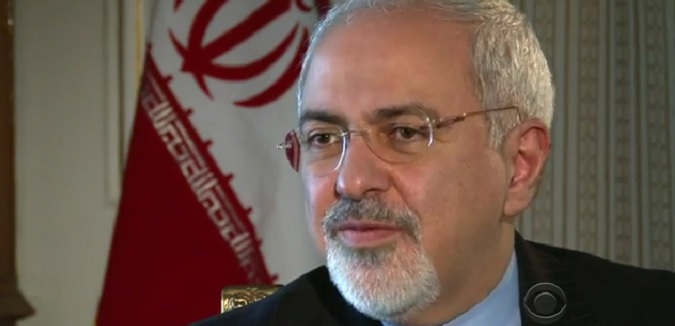Agence France-Presse (AFP) revealed on Tuesday that Iran and Germany will hold talks over Iran’s nuclear program outside the structure of ongoing P5+1 negotiations:
German officials will visit Tehran on Sunday for talks on Iran’s nuclear drive, top Iranian negotiator and deputy foreign minister Abbas Araqchi said on Tuesday.
The meeting will follow similar discussions with American, Russian and French negotiators this week ahead of the resumption of political talks between Iran and the main P5+1 group of world powers on Monday in Vienna.
The announcement is the latest in a string of such news that has already triggered concerns over the cohesion of the P5+1 global powers – the U.S., Russia, China, France, Britain, and Germany – that have been sitting opposite Iranian diplomats.
Iran is now holding individual talks with more of the P5+1 than not (only Britain and China have not announced that they are holding separate talks with the Iranians).
Iranian negotiators have a history of seeking to divide international coalitions in the context of nuclear negotiations. A top Iranian official bragged in his autobiography that in the early 2000s, when now-president Hassan Rouhani headed Tehran’s nuclear talks with the West, the Islamic republic had managed to divide the Americans and Europeans in order to lock in Iranian nuclear progress:
The book also shows the ways in which the Islamic Republic buys time by exploiting divisions within the international community, especially those between the U.S. and Europe. The “widen the transatlantic gap” strategy, as the author calls it, was successfully deployed by the mullahs during the George W. Bush administration, most prominently when EU officials—unhappy with what they regarded as White House bellicosity—seemed especially solicitous of Tehran. When French President Jacques Chirac, German Chancellor Gerhard Schröder and others publicly condemned President Bush’s rhetoric on Iran in 2005, the mullahs knew that they were not dealing with a united front. Barack Obama’s promise of engagement once he came to power, Mr. Mousavian says, effected a “switching of roles between America and Europe.” In other words, it was America’s turn to try out dangerous naiveté.
The developments have the potential to rebound into the domestic American debate over diplomacy toward Iran. The Obama administration last winter heavily leaned on arguments involving international unity in blocking Congressional moves aimed at increasing pressure on Iran. White House officials privately and publicly insisted that new legislation involving sanctions, even sanctions to be imposed only in the aftermath of a potential future collapse of talks, would fracture the P5+1.
Evidence that the administration has failed to hold together a united diplomatic front against Iran would likely undermine the utility of such arguments in future controversies.
[Photo: CBS Evening News / YouTube]




